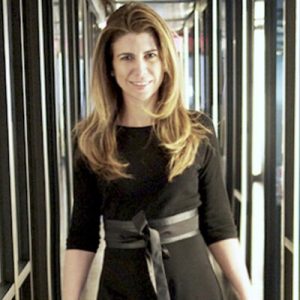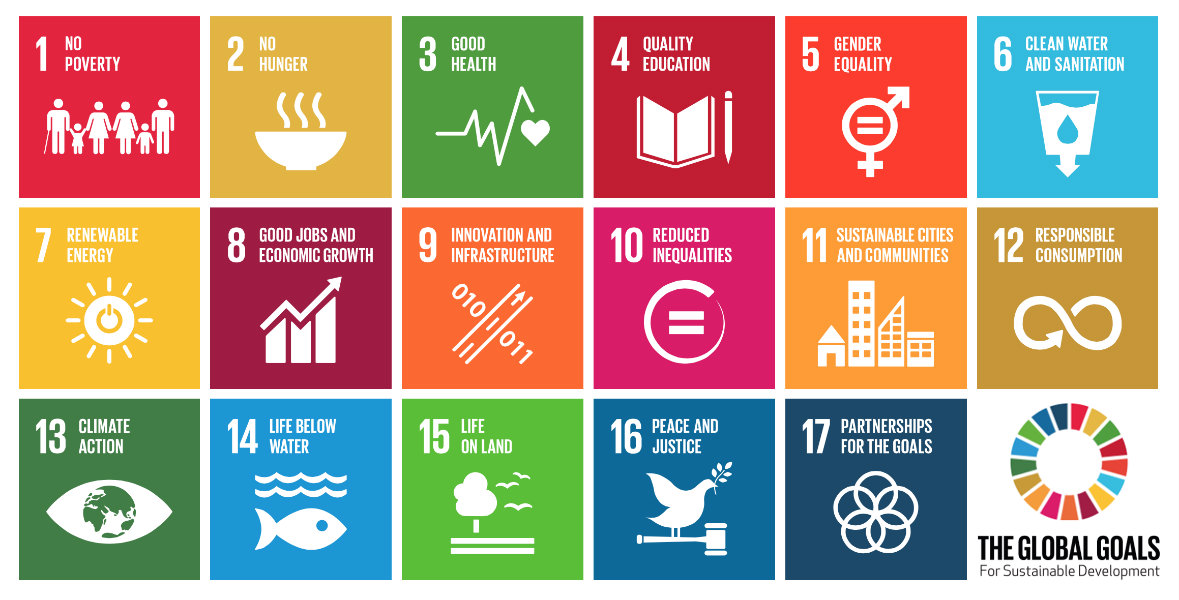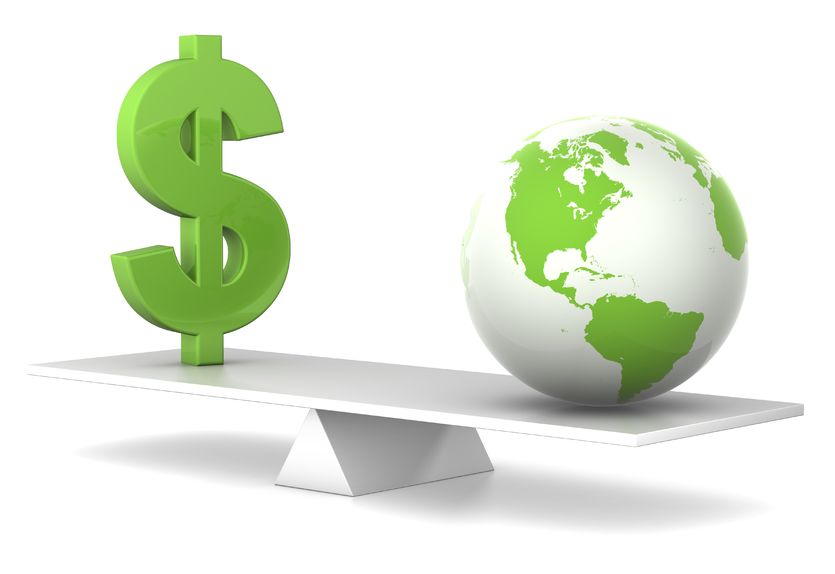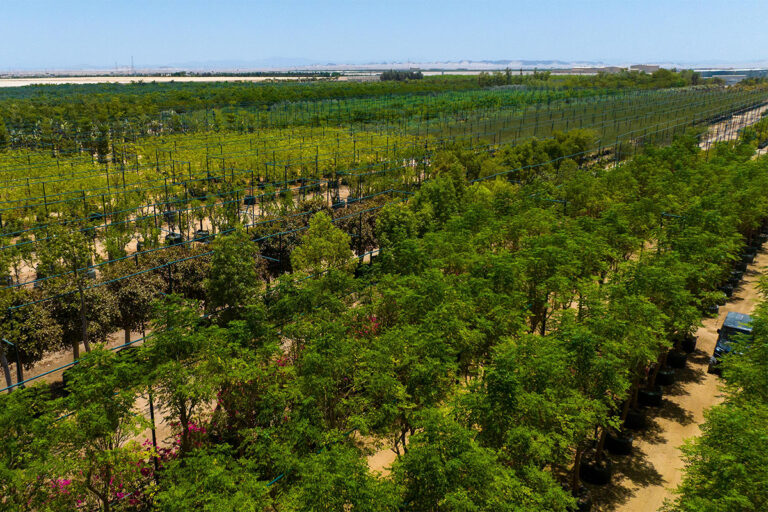By creating the most relevant digital destination for private investors to source vetted, impactful deals, Align17 aims to accelerate the positive effect of finance in the world.

How did you get involved with the Align17 platform?
I am a Young Global Leader (YGL) with the World Economic Forum, a community comprised of leaders from all sectors and nationalities, who are given the tools to improve the state of the world. Align17 was conceived by a group of YGLs to accelerate the partnerships necessary to achieve the 17 United Nations’ Sustainable Development Goals (SDGs). I had both experience in building marketplace businesses and a long standing passion for addressing environmental issues.

How does Align 17 aim to maximize the contribution of private wealth in closing funding gaps?
The SDG funding gap—the additional investment in solutions needed to achieve the SDGs— amounts to multiple trillions of dollars every single year. We believe that private wealth can play an essential role in funding these opportunities. However, there are structural constraints that make it hard—often they don’t have access to the deals that create real positive change and understanding the potential impact of these projects can be daunting.
We are addressing these constraints by providing this target group with access to meaningful, financially-sound co-investments with world-class institutional investors.
Is there not a conflict with traditional development finance and state spending?
Not at all. We count development finance institutions among our earliest supporters—from the World Bank to the IFC to the Global Innovation Fund. A lot of these organizations are very deliberately seeking ways in which to attract new capital to the space and new ways for them to leverage their own money to really get things moving. In the past, when these institutions have looked to involve private capital, they would generally go to pension funds and insurance companies, who have very specific risk requirements and strong compliance constraints. What the development finance community have not done generally is to connect with Align17’s core client group: high-net worth individuals and family offices. This cohort are increasingly focussed on aligning their investments with their values.
You mentioned that Align17 is focussed on creating partnerships. Who are the main partners in the initiative and what are they contributing?
UBS are one of our founding investors and, as the biggest wealth manager in the world, our most significant client. They set out a commitment to supporting Align17 in their Davos White Paper in January 2017. On the deal side, we have a number of partners—established impact investors—who will act as our originators and ensure that we have a strong pipeline. This is key for us as it is what will ultimately attract capital and determine our success. We also have our partners providing external validation for what we are doing and giving investors that extra layer of confidence: Hamilton Lane at the aggregator level, looking at their experience, track record and son on and PwC assessing and standardising the impact data at the deal level. Those two layers are critical to attracting new investors to this space. I am also grateful to have Linklaters working with us as our counsel. We have global ambitions, which entails legal complexity and requires expert advisors.

Can you give us some examples of how impact investing can help achieve the SDGs?
The SDGs are a guiding map for us to understand what actions we need to take as individuals and investors. When we start to look at individual opportunities, we see that almost all impact investments advance multiple SDGs simultaneously. One example is a project for financing solar installations we are looking at in Kenya. It will provide clean energy to local people, an income for conservation areas and funding for community infrastructure such as schools, health clinics and clean water. In a single deal you are addressing climate change, clean and affordable energy, clean water, health, education and life on land.
Another of our partners recently participated in a series B equity raise for a company in India that leases mechanised farm equipment to improve productivity for smallholders. This is another example of an investment that can really scale impact by addressing the goals of zero hunger, decent work and economic growth while increasing yield, reducing deforestation and mitigating climate change. The world is teeming with opportunities like these.
What is it that most motivates you on a daily basis?
Knowing that we are running out of time—not as a platform but as a planet. I am a climate change activist and an environmentalist. The sense of how fast all of our systems are approaching breaking point is what drives me to ensure that denial and fear do not get in the way of action. These are urgent issues that need addressing, but, luckily, they also offer incredible opportunity![]()









